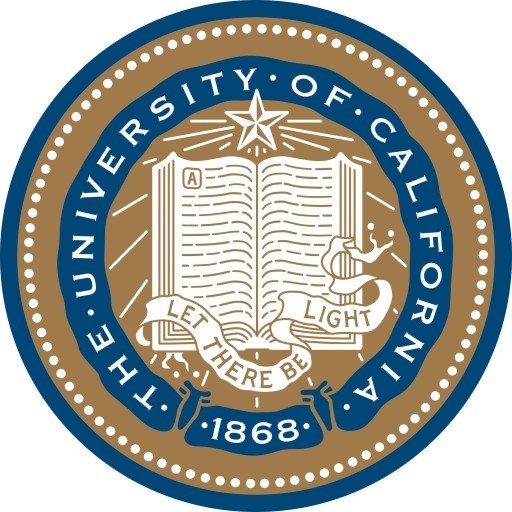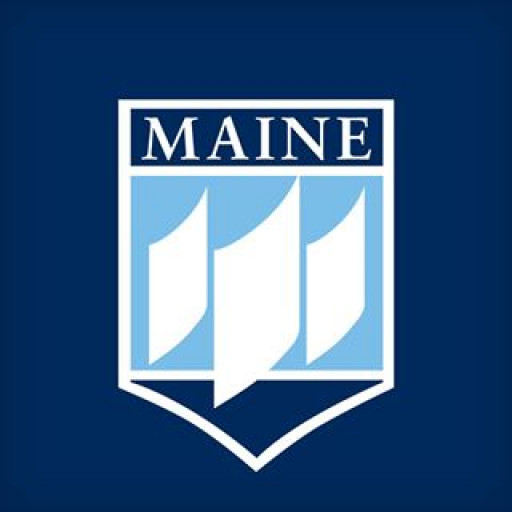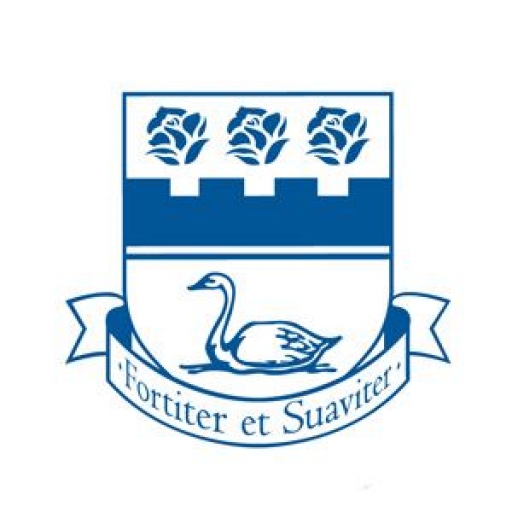Photos of university / #ucsc
The master of arts (M.A.) degree program in music has emphases in composition, musicology/ethnomusicology, or performance practice, and integrates studies in performance, composition/analysis, and research. In consultation with a faculty adviser, the student pursues a two-year course of studies culminating in a final project that combines an original composition, written thesis, or essay with a related public performance or lecture recital.
A minimum of 60 course credits completed at UCSC is required for the degree. All M.A. students are required to complete:
- Music 200, Introduction to Research Methods
- Music 201, History of Music Theory from the Greeks through Rameau
- Music 202, Tonal and Post-tonal Analysis
- Music 252, Current Issues Colloquium during each quarter in residence (for students entering the program fall 2007 and thereafter).
Students with an emphasis in composition also complete:
- Music 219, Techniques in Composition
- Music 220, Graduate Seminar in Music Composition
- One course in the Music 203 Performance Practice series.
Students with an emphasis in musicology/ethnomusicology or performance practice also complete:
-
Three courses from the Music 203 Performance Practice series (Music 206D, Music Perception and Cognition meets the requirement for one 203 course). It is possible in some cases to substitute a course from the Music 253 or 254 series for one 203 course.
The final project for the degree includes both performing and scholarly components, which vary according to the degree emphasis.
Students with a composition emphasis submit a thesis composition together with an essay that addresses historical, technical, and/or interpretive issues of the music (Music 299); and they complete a full-length recital (Music 298) of their compositional work.
Students with a musicology/ethnomusicology emphasis complete a thesis (Music 299) and a short performance or lecture-recital related to the thesis (Music 298).
Students with a performance practice emphasis complete a full-length recital (Music 298) and an accompanying short essay that addresses historical, technical, and/or interpretive aspects of the music performed in the recital. Students in this emphasis whose main area is conducting complete a full-length recital (Music 298) and one of the following: a shorter lecture-recital, a short analytical or contextual essay on a different topic, or a collaboration with a graduate student composer or faculty composer on a premiere public performance. Students are encouraged to create a program involving corollary studies such as computer studies, area cultural studies, linguistics, anthropology, theater arts, and visual arts.
Graduate students must take all courses for a letter grade with the exception of independent study courses (Music 261, 265, 295, 297, 298, and 299) and the colloquium course (Music 252), which may be taken with the Satisfactory/Unsatisfactory grade option.
Prior to the start of classes each fall quarter, each incoming M.A. student is required to complete a three-hour diagnostic examination which is intended to identify areas in which supplementary coursework may be needed, in addition to the courses listed above.
Requirements
- Transcripts. You may upload a scanned copy of your unofficial transcripts to your online application, or send official copies to the Graduate Application Processing address
- Statement of Purpose. Recommended length is a concise 2-4 pages, single-spaced.
- The Personal History Statement is required of all applicants.This statement will be used in conjunction with your application for graduate admission and financial support. Please note that the Personal History Statement should not duplicate the Statement of Purpose.
- A résumé is required for some applications and optional for others.
- All recommendation letters are required to be submitted electronically through the online application. You must register a minimum of three recommenders, and as many as five, via the Recommendations page of the online application.
- The application fee for the 2016-17 academic year is $105 for domestic applicants and $125 for international applicants. This fee can be paid by credit card or e-check (the e-check option is only available if you have a U.S. bank account).
- Official GRE scores must be sent from the Educational Testing Service (ETS) to UC Santa Cruz, School Code 4860 (no department code necessary). Official scores must be received prior to the application deadline.
- If you are a non-native English speaker you will be required to take an English language competency exam. UC Santa Cruz accepts the TOEFL or IELTS test. Official scores must also be sent from the testing service to UC Santa Cruz, School Code 4860
Want to improve your English level for admission?
Prepare for the program requirements with English Online by the British Council.
- ✔️ Flexible study schedule
- ✔️ Experienced teachers
- ✔️ Certificate upon completion
📘 Recommended for students with an IELTS level of 6.0 or below.
Scholarships
- Regents Fellowships. A limited number of these fellowships are awarded to first-year graduate students in master's and doctoral programs. These awards provide a stipend and/or payment of university fees except non-resident tuition.
- Global Education






